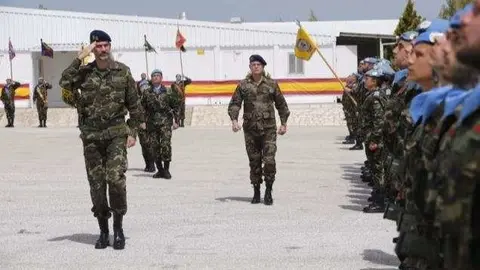Israel-Iran: story and reality
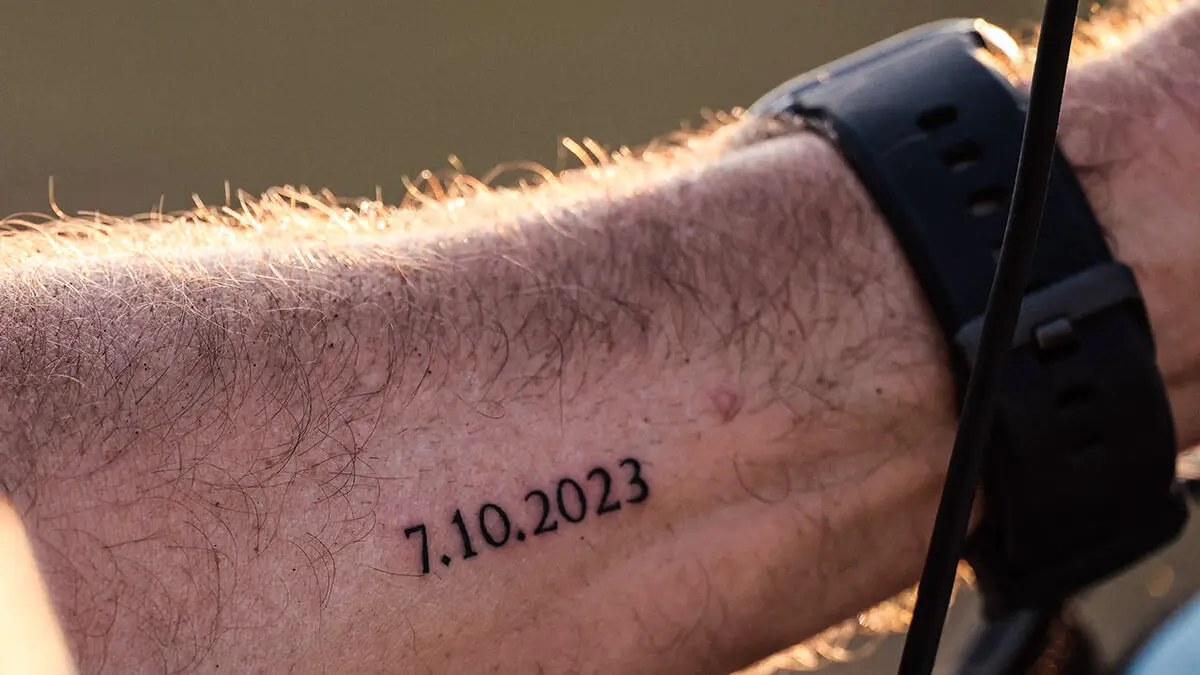
The account they receive of events in the Middle East instantly brings them into moral alignment with their religious brethren. In the vast majority of that universe, from the Atlantic to the Indian Ocean, the slaughter carried out by Hamas terrorists on 7 October 2023, the greatest collective tragedy of the Jewish people in a single attack since the Holocaust, was greeted with enormous sympathy and even unbridled jubilation.
Among these many hundreds of millions of Muslims, ‘bombarded’ daily by vast amounts of information and poignant images, feelings, memories and emotions resurface, concentrating in today's Israel the oral narratives and legends of the times when they were colonially subjected to powers grouped in their minds, generically, as ‘the West’. They now concentrate in Israel the hatred and the spirit of revenge that their ancestors accumulated, now renewed and even more exalted if possible.
It is much less understandable, however, that anti-Semitic hatred is spreading and growing exponentially in the West, whose core values of freedom, equality and liberal democracy Israel embodies.
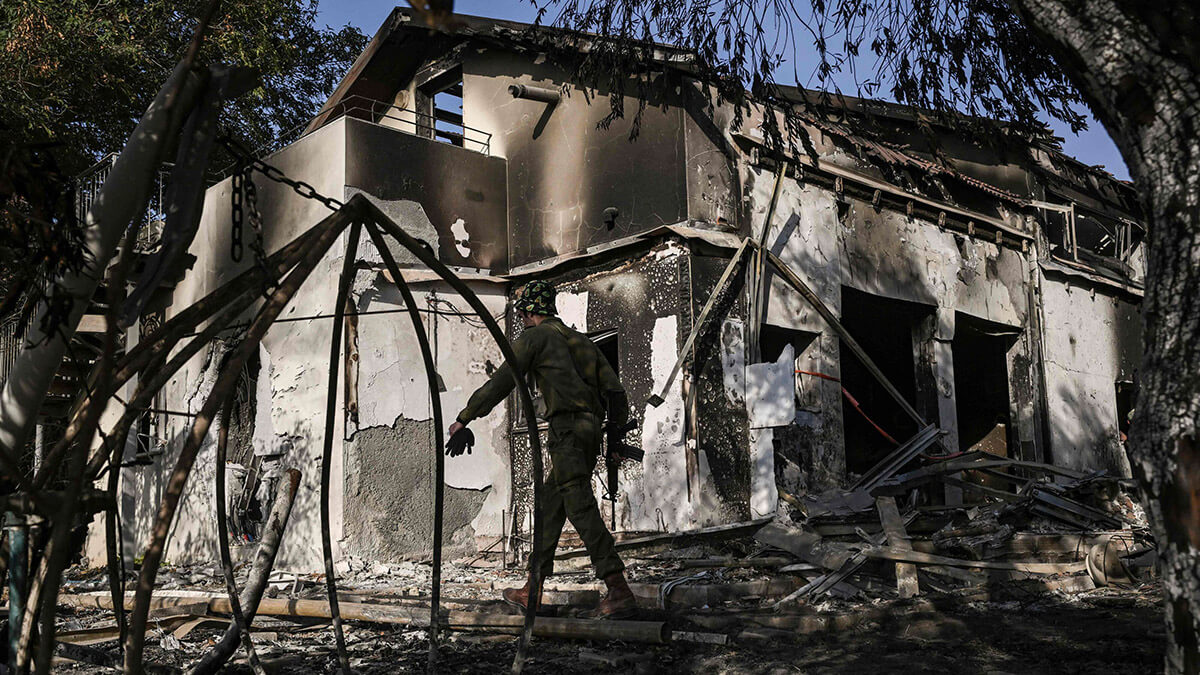
A left with undoubtedly totalitarian impulses is imposing a narrative in which, from the always suspicious equidistance, it is moving seamlessly towards blaming Israel as the trigger both of a regional war in the Middle East and of its possible spread and dramatic consequences throughout the world.
Virtually from the day after the massacre and mass taking of Israeli hostages by Hamas, there has been a sustained effort to blur, if not eliminate from the narrative, that the 1,200 men, women and elderly killed, the 3,300 wounded and the 250 kidnapped were the fuse that triggered the Israeli retaliation, whose government set itself the goal of completely curtailing Hamas and Hezbollah's ability to relentlessly threaten and harass the populations on the other side of Israel's borders.
The first months of the year since that tragic 7 October witnessed deliberate attempts to portray Hamas and Hizbollah as organisations autonomous from their master and supporter, the theocratic regime in Iran.
The breadth and depth of Israeli intelligence and military operations soon prompted calls in the United States and Europe for ‘containment’ of Israel, whose attacks were soon described as ‘disproportionate’, ‘ruthless’, ‘criminal’, ‘Nazi’ and, if you want to raise the bar, ‘genocidal’.
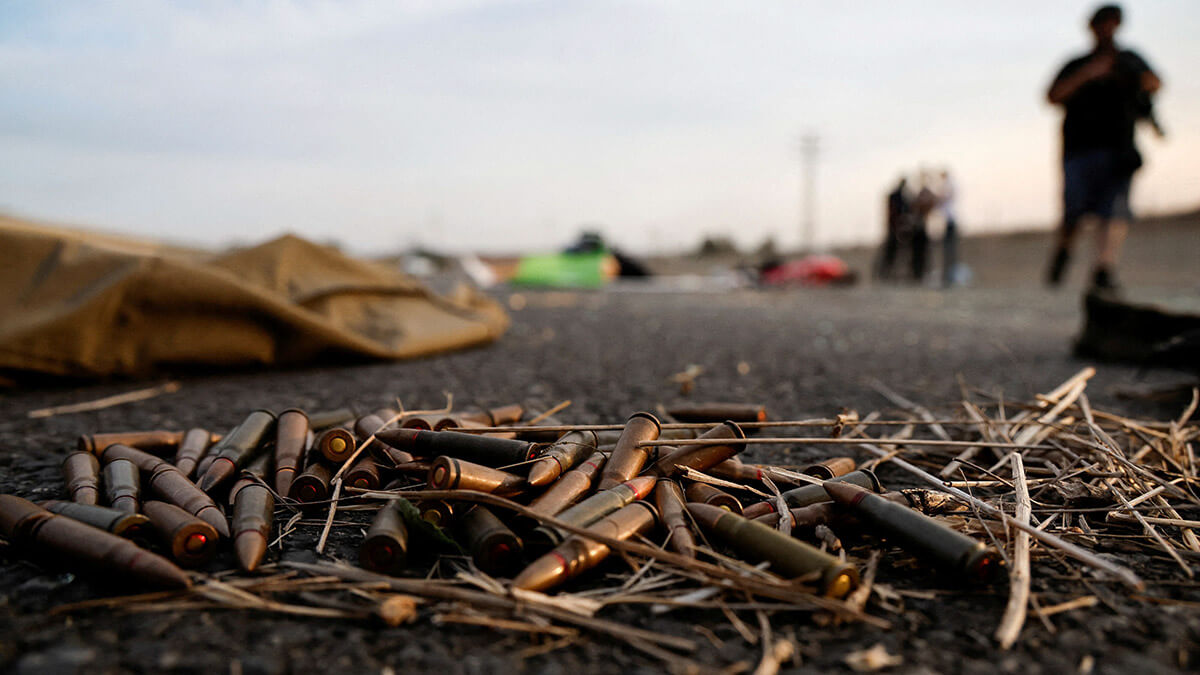
Included in this dialectical escalation are, of course, practically the whole of the extreme left in Europe and, naturally, in Spain, not a few socialists very far to the left, some centre-right politicians more inclined to emotional rather than rational analysis, and a huge number of intellectuals who long ago ceased to serve as a beacon and guide to the thinking of the masses.
The supreme leader of the Iranian Revolution, Ayatollah Ali Khamenei, has taken it upon himself this past Friday to renew his plan to wipe Israel off the map. ‘It does not have much time left,’ he said as he solemnly led the prayer with a machine gun in his hand. Seriously weakened by the Israeli counteroffensive, Iran's satellite organisations in Gaza, Syria, Lebanon, Iraq and Yemen, the Iranian regime can only confront Israel directly, which, in addition to its determination, has the backing and support of the US superpower as its main ace, ‘whatever it does’, according to a Joe Biden on the threshold of a well-deserved rest.
Voices such as that of the now much diminished French president, Emmanuel Macron, advocate cutting off arms supplies to Israel. It might just be a gesture to the far-left of La France Insoumise (LFI), which he has ignored by forming a government of losers of the elections he called, Sanchist-style, immediately after his resounding defeat in the European elections. But Macron, like those who follow him in this demand, will have to consider that the war in the Middle East has already gone beyond the mere Israeli-Palestinian conflict.
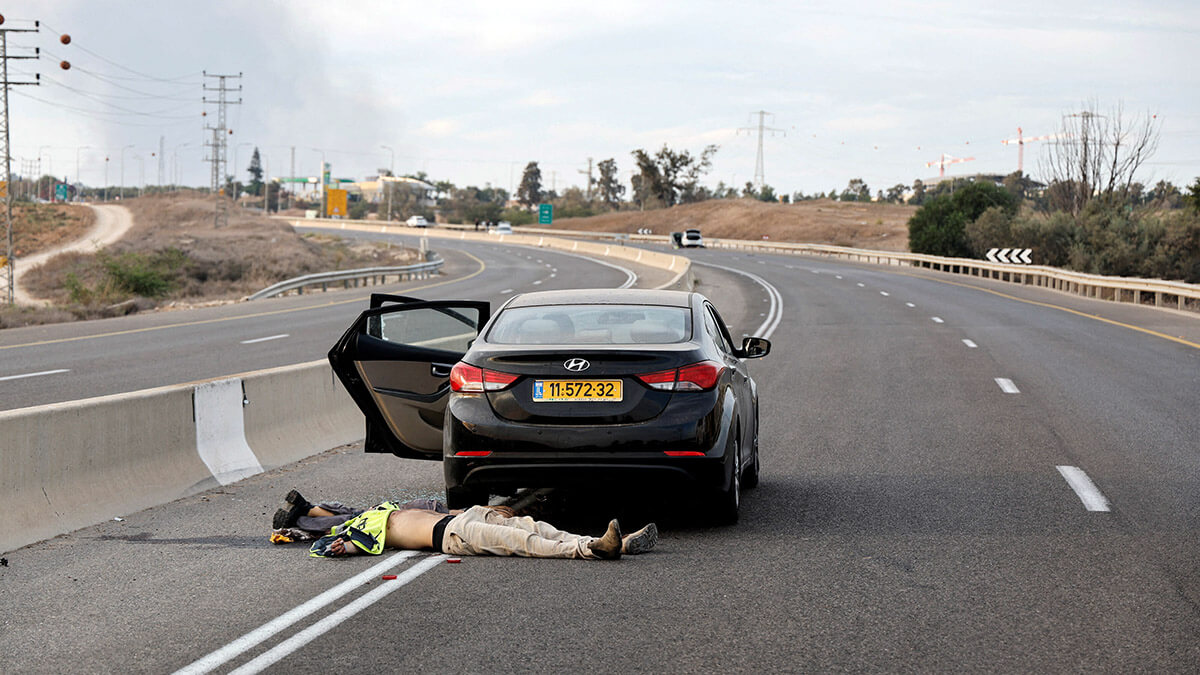
What is now at stake is the new order in the region, and that at the end of the dispute there can only be one winner: either the Islamic and totalitarian Iranian theocracy wins, or a new map is imposed in which coexistence and cooperation prevail. In the first case, it would mean admitting the disappearance of Israel, ‘from the river to the sea’ as advocated and promised by its enemies and the occasional undocumented vice-president. In the second, in addition to recognising its right to exist, it would facilitate the reactivation of the Abraham Accords. The unquestionable prosperity that their establishment had spurred in the Arab countries that signed them was too provocative for regimes that abhor democratic freedom and equality. That is why theocratic Iran ordered the Hamas terrorist operation, as well as Hezbollah's systematic bombing of Israel's northern strip.
A year after that unusual Hamas terrorist operation, new balances in the hottest region on the planet are being elucidated. The nuclear factor has also come into play. It is no longer only Russian President Vladimir Putin who wields it as a threat every time he suffers a setback on the Ukrainian battlefield or in the area of economic and financial sanctions.
Israel, which, it must be acknowledged, never makes idle threats - just as Catalan or Basque independence fighters always deliver what they promise - has always assured that it would never allow the Iranian regime to get hold of the atomic bomb. He knows that, if he does not, it would be the last step before he disappears from the map. So he will fight to erase, whatever the cost, this certain threat to his own existence. Even if it ignores all the do-gooders in this increasingly unstructured West who call for restraint and for it to stop complaining and ‘victimising’ itself.


